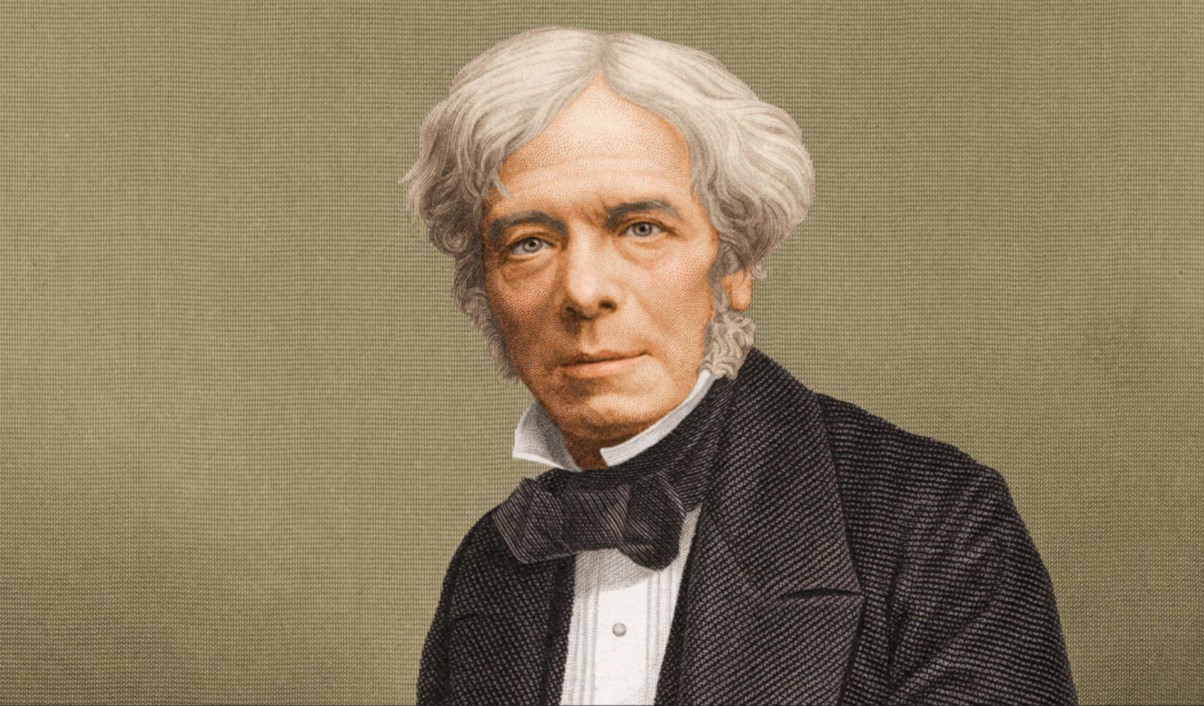
Michael Faraday is widely regarded as one of the greatest scientists in history. Born in 1791 in Newington Butts, England, Faraday made groundbreaking contributions to the fields of physics and chemistry. His remarkable discoveries and inventions have had a lasting impact on the world we live in today. In this article, we will delve into eight astounding facts about Michael Faraday and his remarkable achievements. From his experiments with electricity and magnetism to his role in the development of the electromagnetic field theory, Faraday’s work revolutionized our understanding of these fundamental forces. So, let’s embark on a journey to explore the life and legacy of this extraordinary scientist.
Key Takeaways:
- Michael Faraday, a self-taught scientist, made groundbreaking discoveries in electromagnetism, invented the electric motor, and discovered benzene, shaping modern technology and chemistry.
- Faraday’s refusal of a knighthood and his exceptional ability to communicate complex concepts further enhance his legacy, inspiring aspiring scientists and leaving an indelible mark on the scientific community.
Faraday was a self-taught scientist.
Michael Faraday, born in 1791, had little formal education and was largely self-taught. Despite his humble beginnings, he went on to become one of the most influential scientists in history.
Faraday made groundbreaking discoveries in electromagnetism.
Faraday’s research on electromagnetism revolutionized the field. His experiments with magnets and electric currents led to the development of the laws of electromagnetic induction and electrochemistry.
Faraday invented the electric motor.
One of Faraday’s most significant contributions was the invention of the electric motor. His creation of a rotating device powered by electromagnetism laid the foundation for numerous technological advancements.
Faraday discovered benzene.
In his exploration of organic compounds, Faraday discovered benzene, a critical building block in the development of modern chemistry. His work paved the way for the study of aromatic compounds.
Faraday’s law of electrolysis is still fundamental in chemistry.
Faraday’s law of electrolysis, formulated in the 1830s, describes the relationship between the amount of substance produced or consumed in an electrolytic reaction and the electric current passed through the electrolyte. This principle remains essential in the field of electrochemistry.
Faraday refused a knighthood.
Despite his significant contributions to science and his recognition by the British government, Faraday declined the offer of a knighthood. He believed that honors and titles should not interfere with his pursuit of scientific truth.
Faraday was a gifted lecturer.
Faraday’s ability to communicate complex scientific concepts in a clear and engaging manner made him a renowned lecturer. His popular lectures at the Royal Institution in London attracted large audiences and inspired many aspiring scientists.
Faraday’s discoveries laid the foundation for modern technologies.
Faraday’s work laid the groundwork for numerous modern technologies we rely on today, including electric power generation, electrical transformers, and various electrochemical processes. His legacy continues to shape the world.
Conclusion
Michael Faraday, the renowned British scientist, has left an indelible mark on the fields of electricity and magnetism. His numerous contributions and groundbreaking discoveries continue to shape our understanding of the natural world. From inventing the electric motor to exploring electromagnetic induction, Faraday’s work laid the foundation for modern technology and revolutionized the way we harness and utilize energy.
Faraday’s humility, dedication, and passion for knowledge have made him an inspiring figure in the scientific community. Through his tireless experimentation and meticulous observations, he unlocked profound insights into the relationship between electricity and magnetism. His work not only elevated the field of physics but also paved the way for advancements in chemistry and engineering.
Without Michael Faraday’s brilliance and perseverance, our world would be vastly different. His legacy lives on, reminding us of the incredible discoveries that can be made through curiosity, exploration, and a relentless pursuit of knowledge.
FAQs
Q: What were some of Michael Faraday’s major contributions?
A: Michael Faraday made several major contributions, including the invention of the electric motor, the discovery of electromagnetic induction, and the concept of electrolysis. These groundbreaking discoveries laid the foundation for the development of modern electrical technology.
Q: How did Michael Faraday influence the field of physics?
A: Faraday’s work had a profound impact on the field of physics. His experiments on electromagnetic induction led to the development of Maxwell’s equations, which unified the study of electricity and magnetism. His ideas also formed the basis for the understanding of electromagnetic waves, ultimately leading to the development of radio technology.
Q: Was Michael Faraday a self-taught scientist?
A: While Faraday did not have a formal education, he was largely self-taught. He gained knowledge through reading books and attending scientific lectures. His dedication to learning and his natural curiosity propelled him to become one of the most influential scientists of his time.
Q: Why is Michael Faraday considered an inspiration?
A: Michael Faraday’s humble origins and his relentless pursuit of knowledge make him an inspiration to many. Despite facing numerous obstacles, he was able to overcome them through sheer determination and passion. His contributions to science serve as a reminder that anyone, regardless of their background, can make significant contributions to the world through hard work and determination.
Michael Faraday's brilliant mind continues to inspire scientists and curious individuals alike. His groundbreaking work on the Faraday effect showcases his genius in understanding light's interaction with magnetic fields. Faraday's law of electromagnetic induction, a cornerstone of modern physics, demonstrates his unparalleled ability to unravel nature's mysteries. Equally impressive are Faraday's laws of electrolysis, which revolutionized our understanding of chemical reactions and laid the foundation for countless industrial applications. Explore more captivating facts about Faraday's scientific legacy by diving into these engaging articles that pay homage to one of history's greatest minds.
Was this page helpful?
Our commitment to delivering trustworthy and engaging content is at the heart of what we do. Each fact on our site is contributed by real users like you, bringing a wealth of diverse insights and information. To ensure the highest standards of accuracy and reliability, our dedicated editors meticulously review each submission. This process guarantees that the facts we share are not only fascinating but also credible. Trust in our commitment to quality and authenticity as you explore and learn with us.


